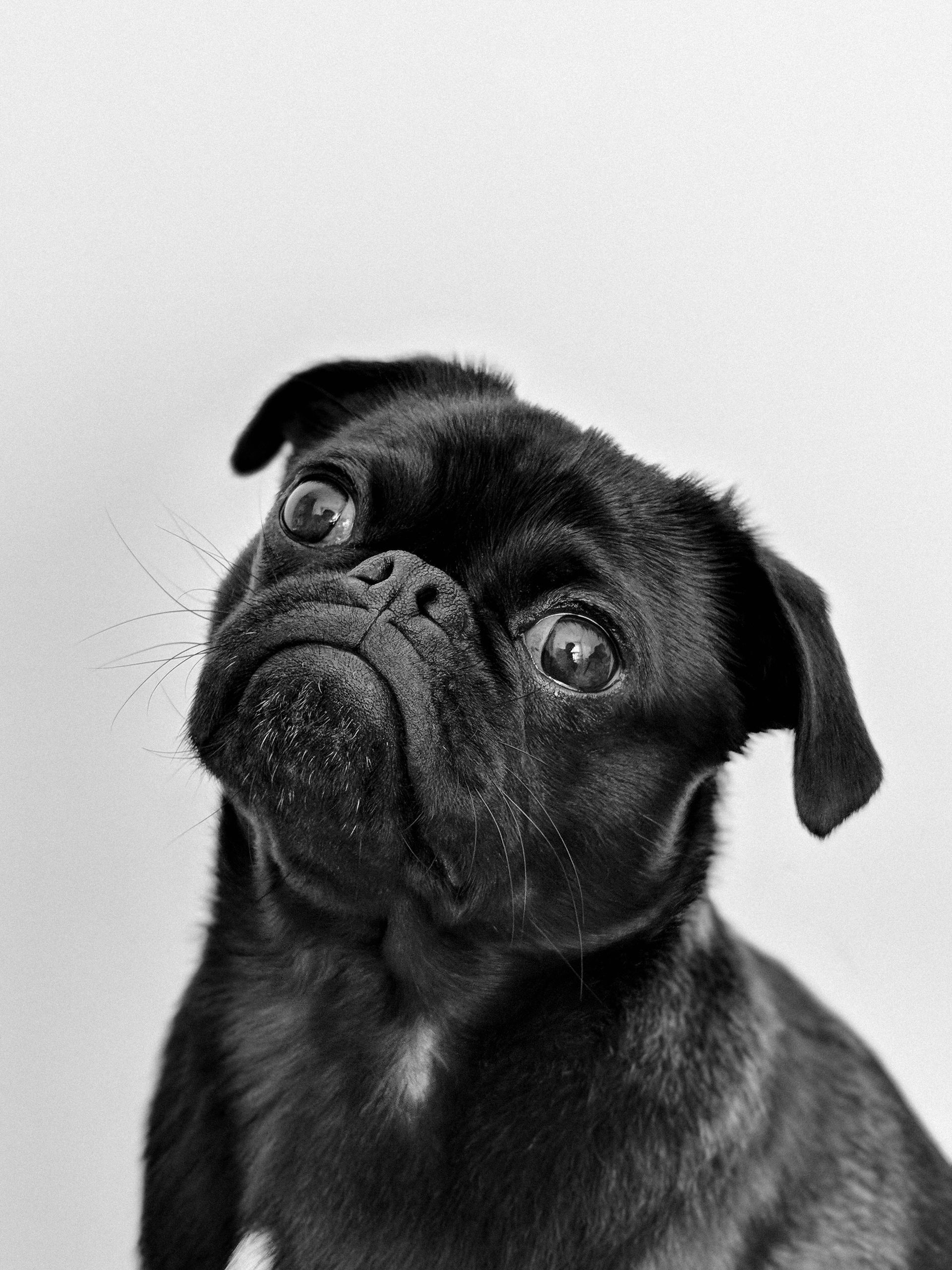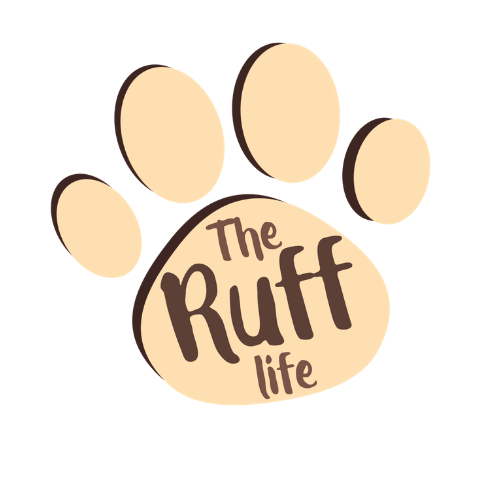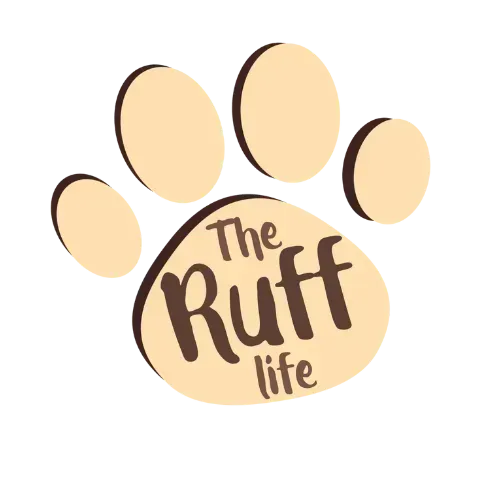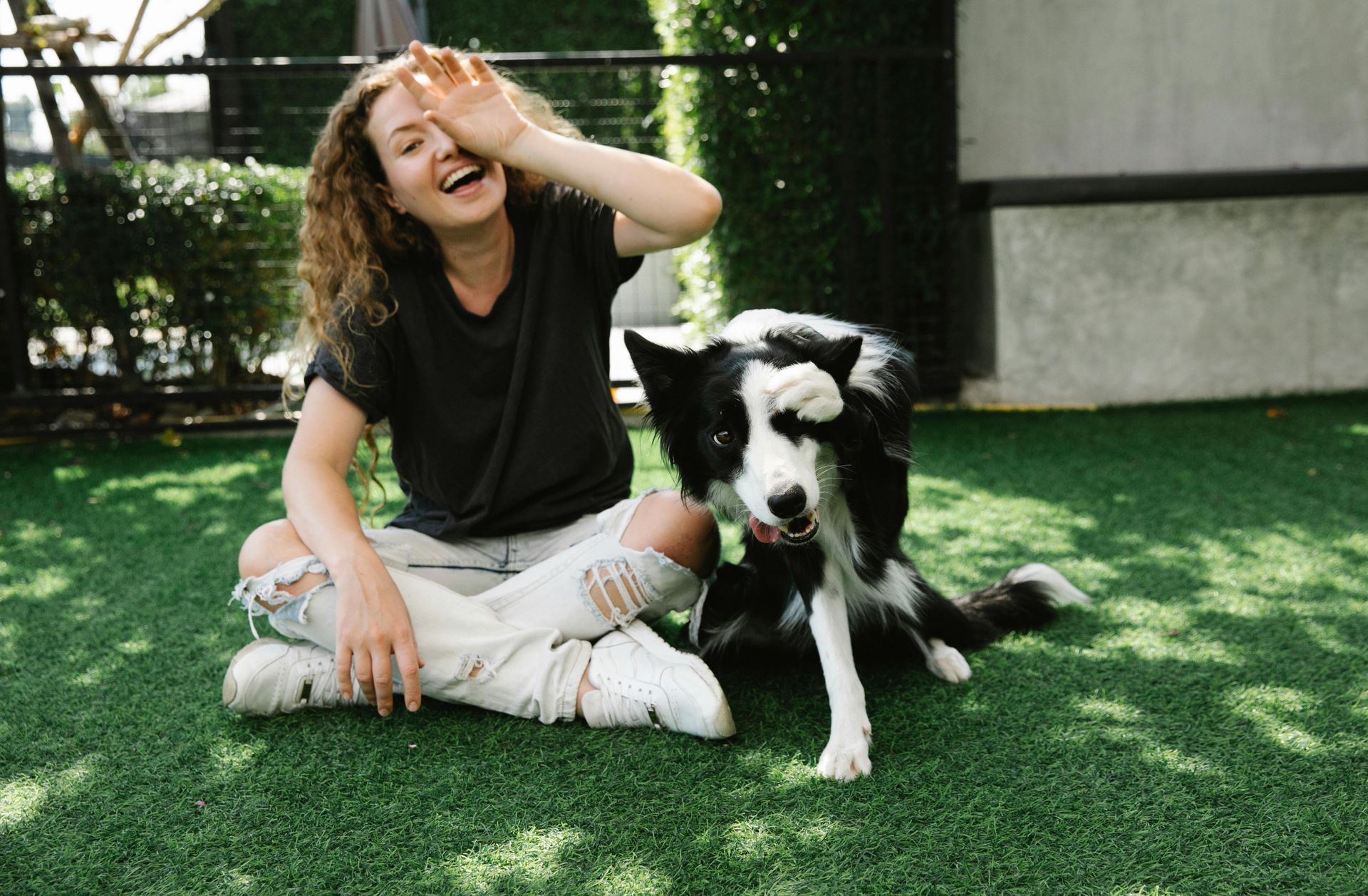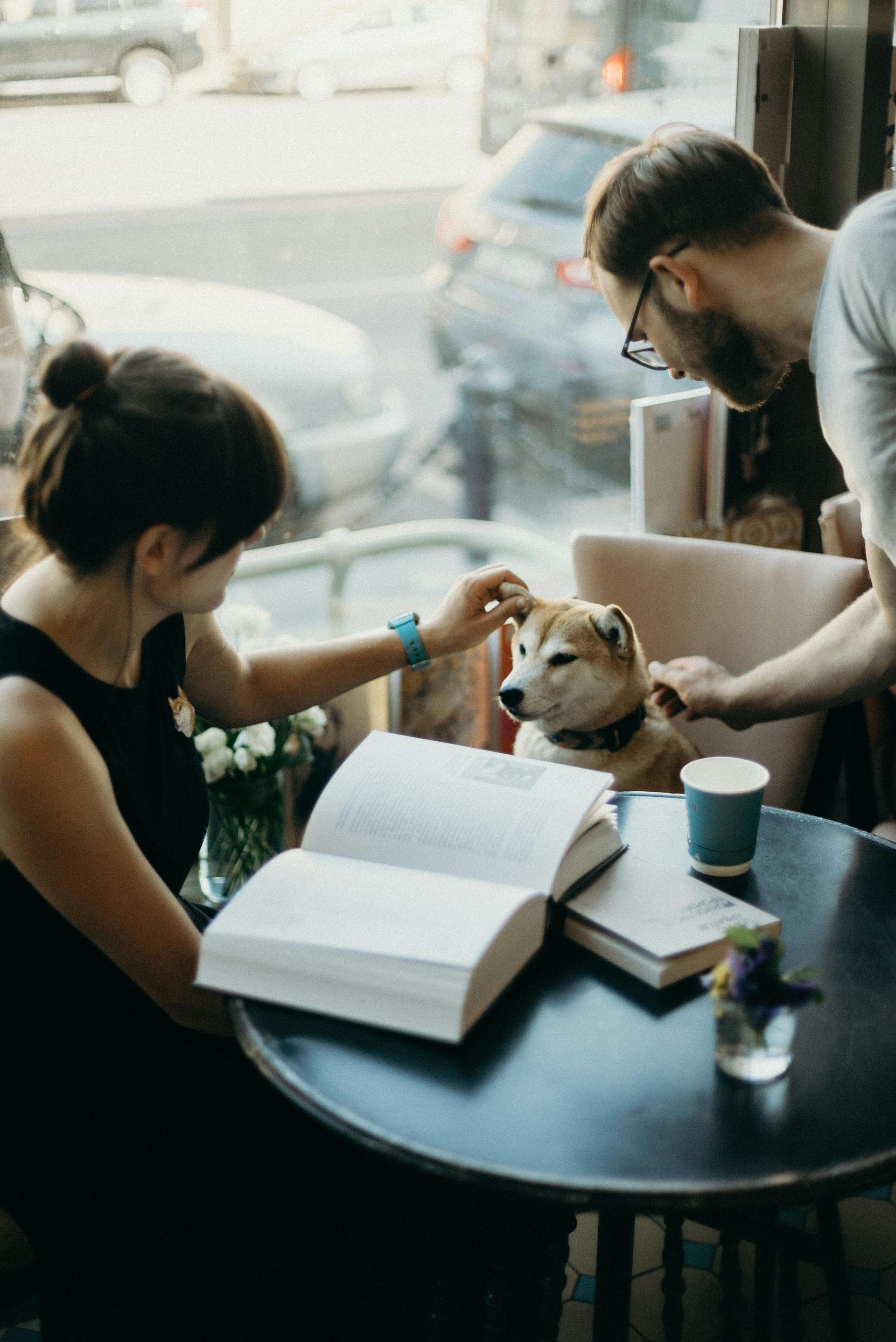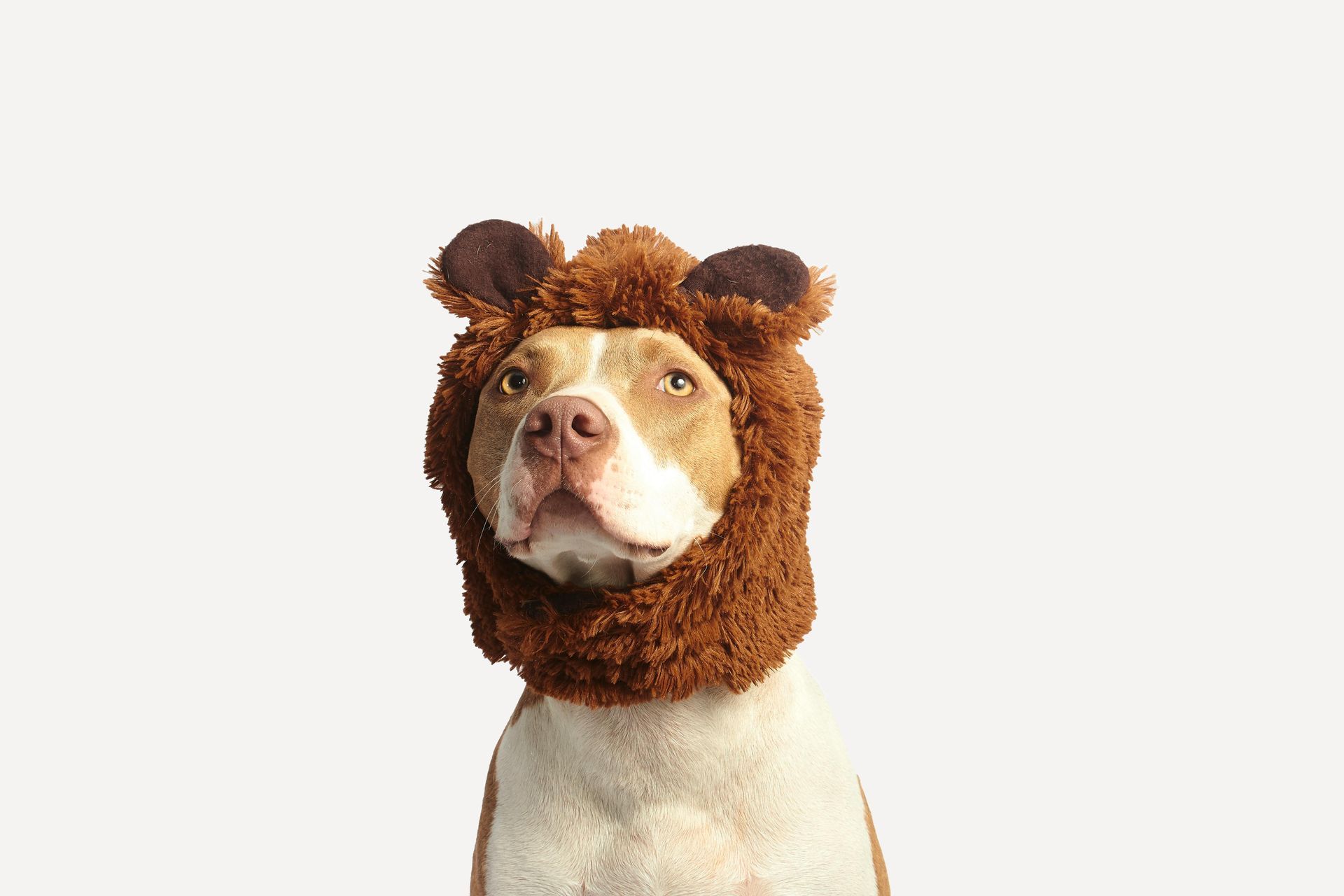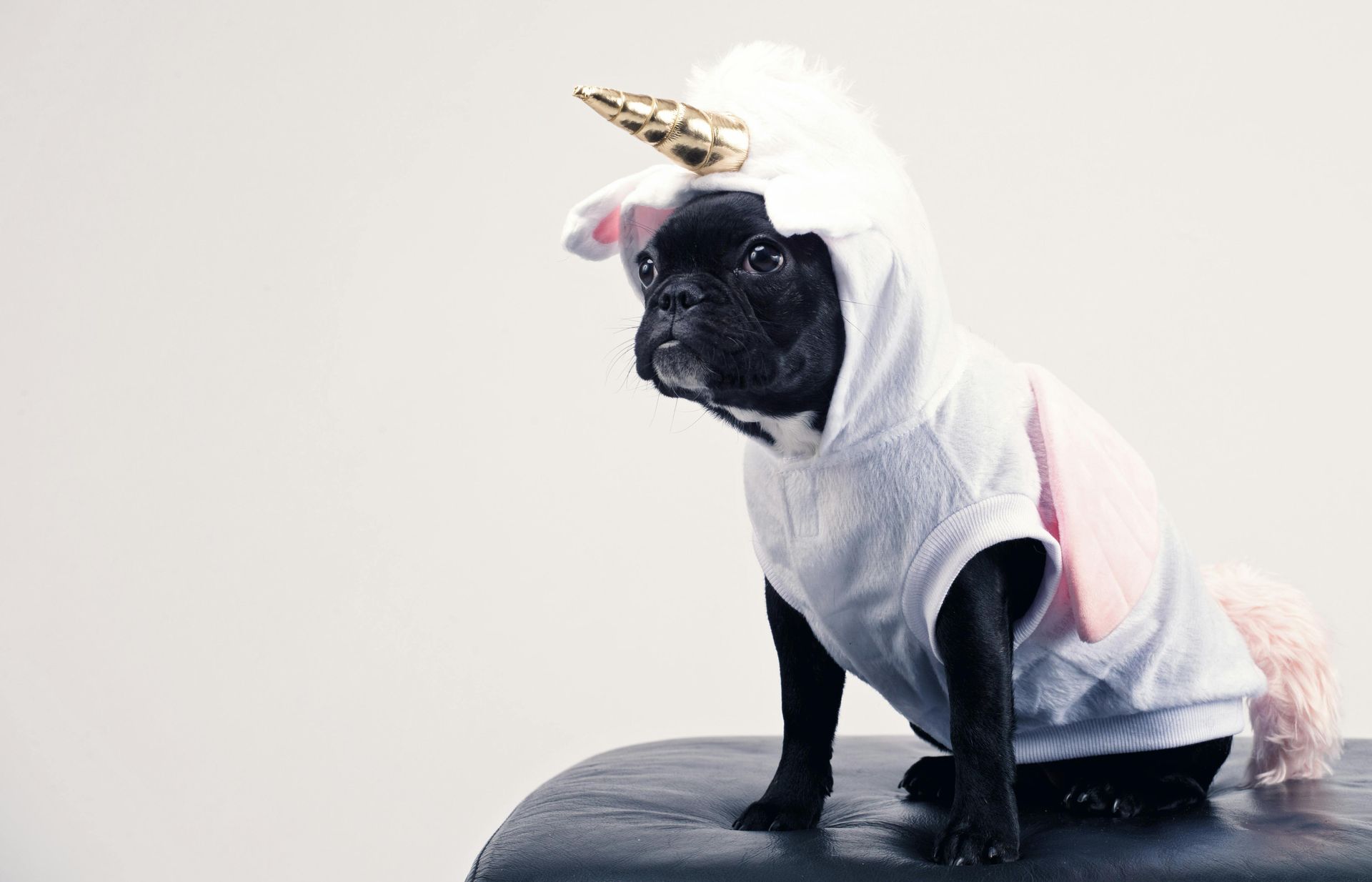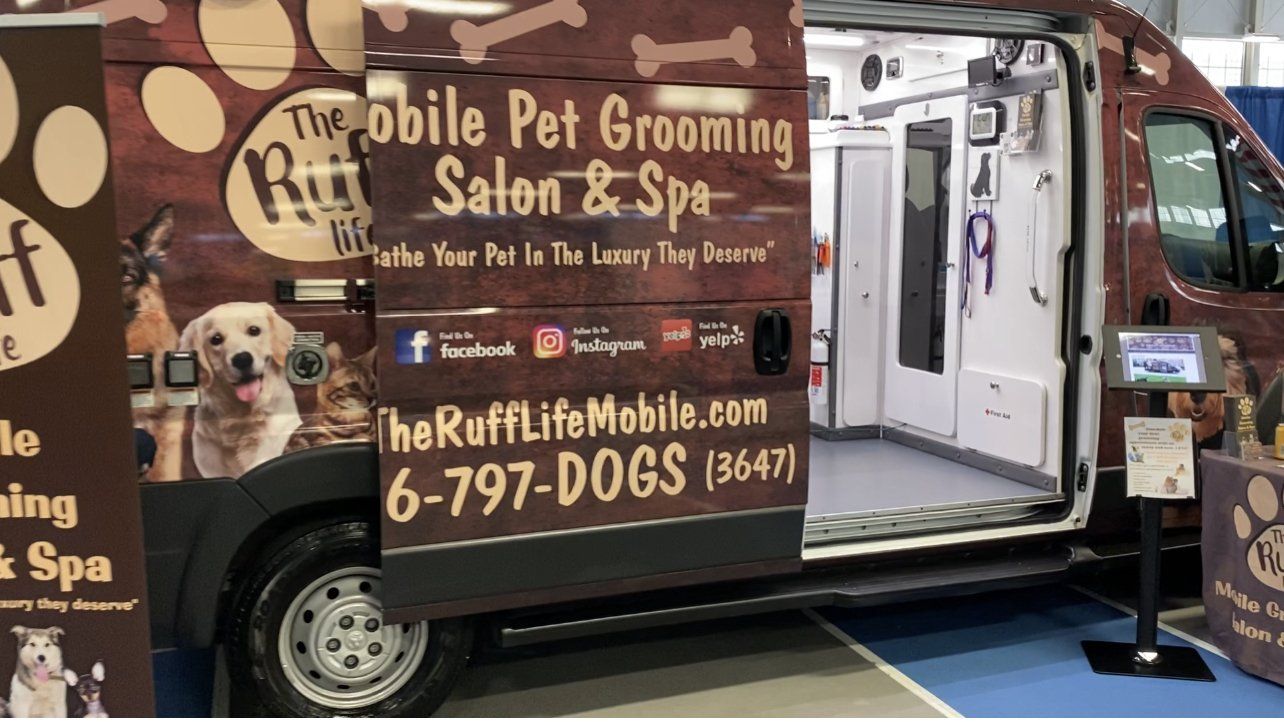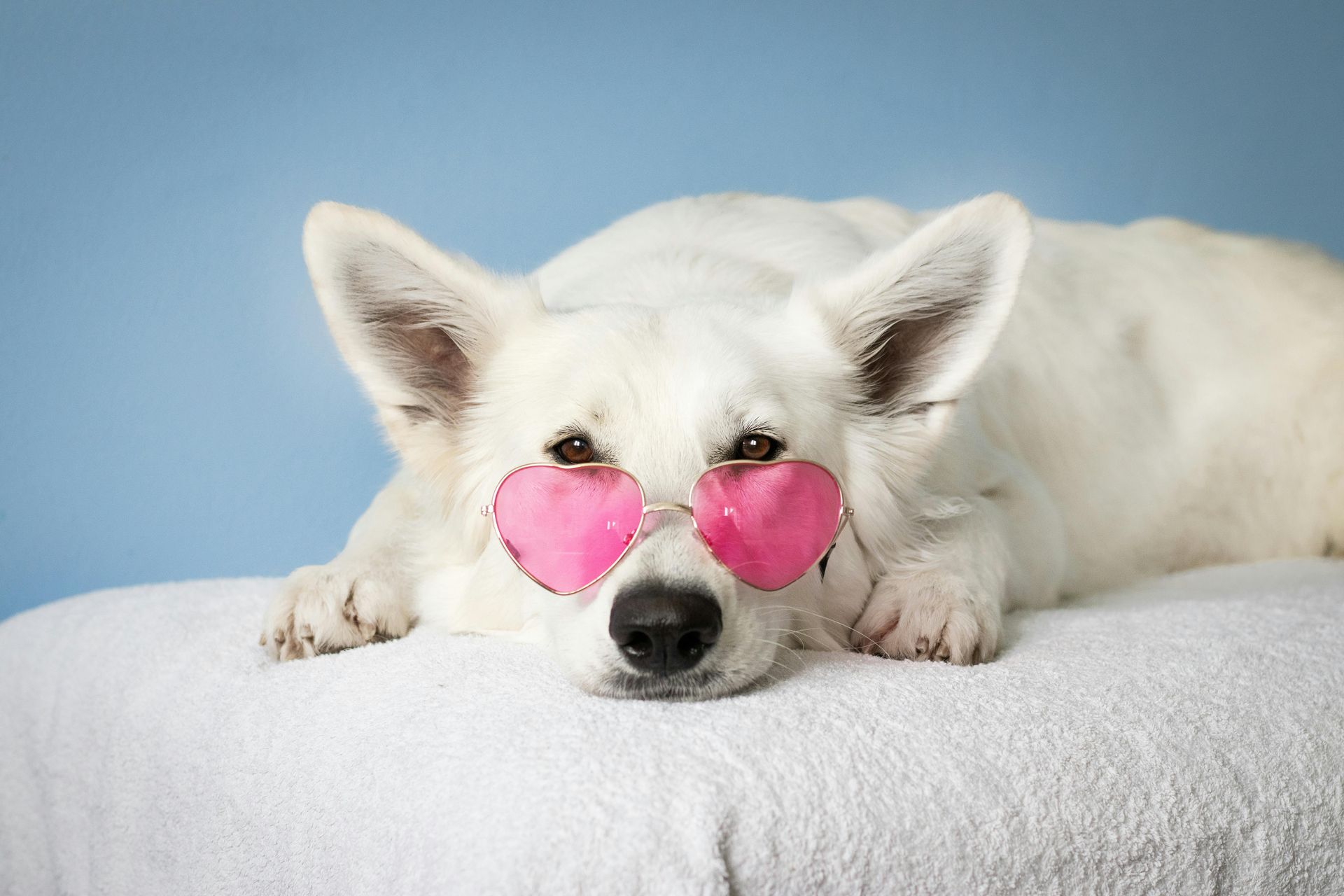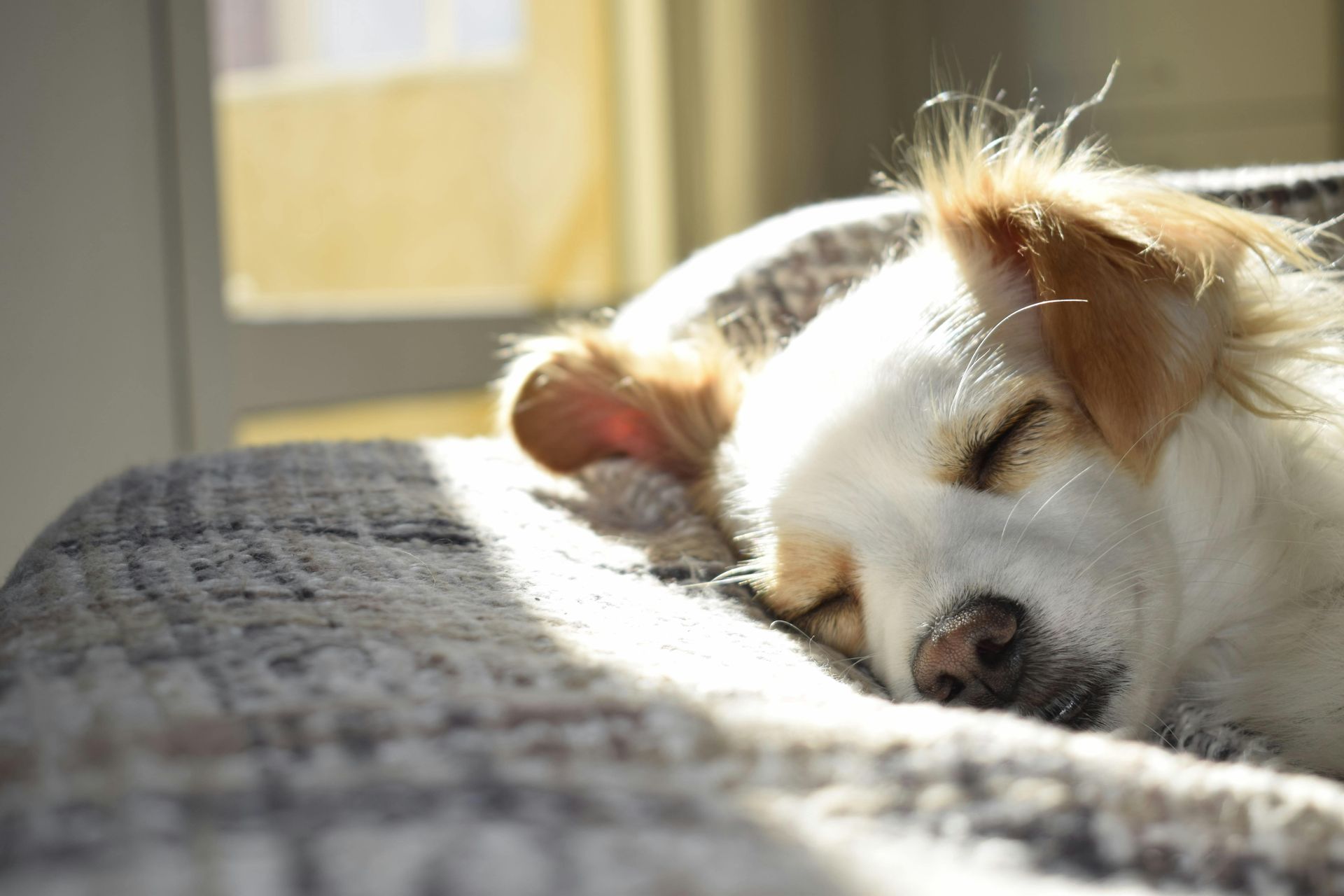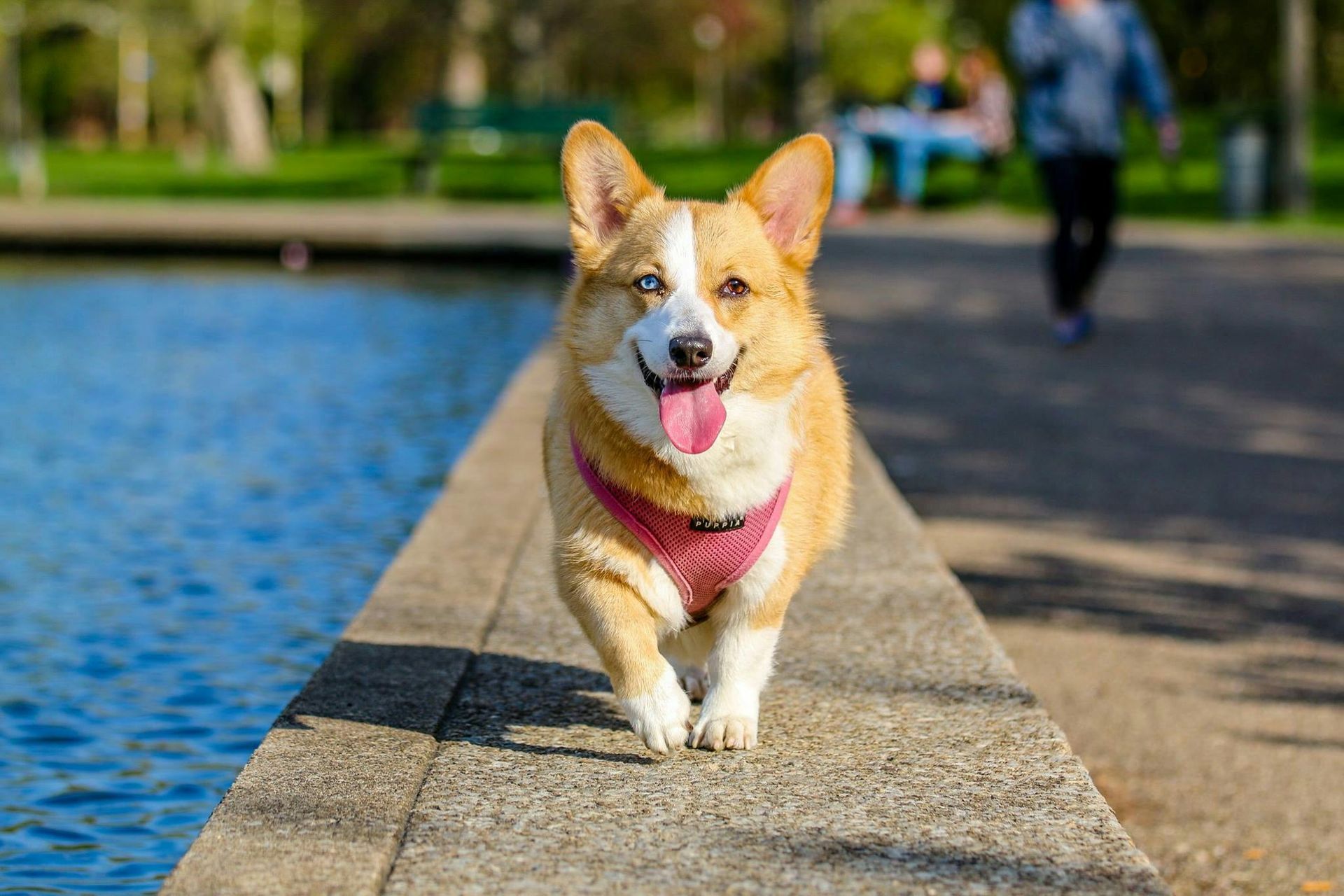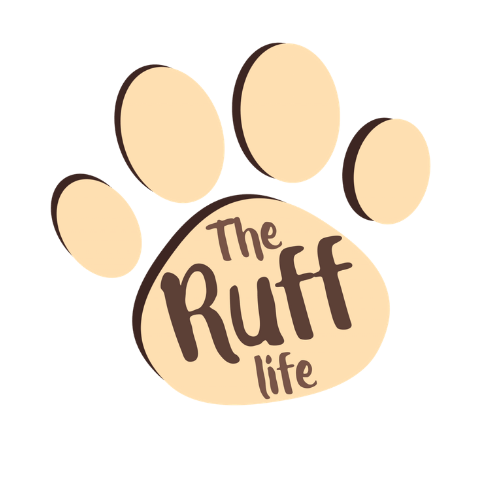Is Your Dog's Coat a Reflection of Their Diet?
Is Your Dog's Coat a Reflection of Their Diet?
Have you ever noticed how your dog’s coat looks and feels? While many pet owners understand the basics of grooming, few realize that a dog’s coat health can be significantly influenced by their diet. In this article, we’ll explore the connection between what your dog eats and the condition of their coat, helping you make informed decisions for your furry friend’s overall health and happiness.
Understanding the Basics of Dog Coat Health
A dog’s coat serves multiple purposes: it protects their skin, regulates body temperature, and contributes to their overall appearance. Factors such as genetics, grooming habits, and environmental conditions can all affect coat health. However, diet plays a crucial role that is often overlooked.
Key Nutrients for a Healthy Coat
Omega Fatty Acids
- Importance: Omega-3 and Omega-6 fatty acids are essential for maintaining healthy skin and a shiny coat. They help reduce inflammation and keep the coat moisturized.
- Sources: Look for dog foods that contain fish oil, flaxseed oil, or chicken fat, which are rich in these essential fatty acids.
Proteins
- Importance: Proteins are the building blocks of your dog’s coat. A high-quality diet with adequate protein helps promote strong and healthy hair follicles.
- Sources: Ensure your dog’s food lists a quality protein source, like chicken, beef, or fish, as the primary ingredient.
Vitamins and Minerals
- Importance: Vitamins A, E, and B complex, as well as minerals like zinc, play vital roles in skin health and coat condition. They help promote a lustrous coat and prevent issues like dryness and flakiness.
- Sources: Include fruits and vegetables like carrots, sweet potatoes, and spinach in your dog's diet or consider supplements as needed.
Hydration
- Importance: Proper hydration is crucial for skin and coat health. Dehydrated dogs may suffer from dry skin, leading to a dull coat and increased shedding.
- Sources: Ensure your dog has constant access to fresh water and consider incorporating wet food into their diet for additional moisture.
Signs of Diet-Related Coat Issues
Be mindful of the following signs that may indicate your dog’s diet is affecting their coat:
- Dry, Flaky Skin: This can be a sign of nutritional deficiencies, particularly in fatty acids and hydration.
- Dull or Brittle Fur: If your dog’s coat lacks shine or feels coarse to the touch, it could indicate a lack of protein or essential vitamins.
- Excessive Shedding: A sudden increase in shedding might point to dietary changes or deficiencies affecting coat health.
Adjusting Your Dog’s Diet for Better Coat Health
- Choose Quality Dog Food: Invest in high-quality dog food that meets AAFCO (Association of American Feed Control Officials) standards, ensuring it contains balanced nutrients.
- Consult Your Veterinarian: If you notice any coat issues, consult your veterinarian for guidance on dietary adjustments and whether supplements are necessary.
- Introduce New Foods Gradually: If changing your dog’s diet, introduce new foods gradually to avoid gastrointestinal upset. Monitor their coat health over the following weeks for improvement.
- Consider Supplements: In some cases, adding omega fatty acid supplements or specific vitamins can enhance coat health. Always consult with your vet before introducing new supplements.
Conclusion: Diet Matters for Your Dog’s Coat
Your dog’s diet is a critical factor in determining the health and appearance of their coat. By providing a well-balanced diet rich in essential nutrients, you can help ensure your furry friend’s coat is healthy, shiny, and full of life.
At The Ruff Life Mobile Grooming, we understand the importance of a healthy coat and are here to support you in keeping your pet looking and feeling their best. Schedule your appointment today by visiting The Ruff Life Mobile Grooming appointment page. Your pet’s health, comfort, and happiness are our top priorities!
